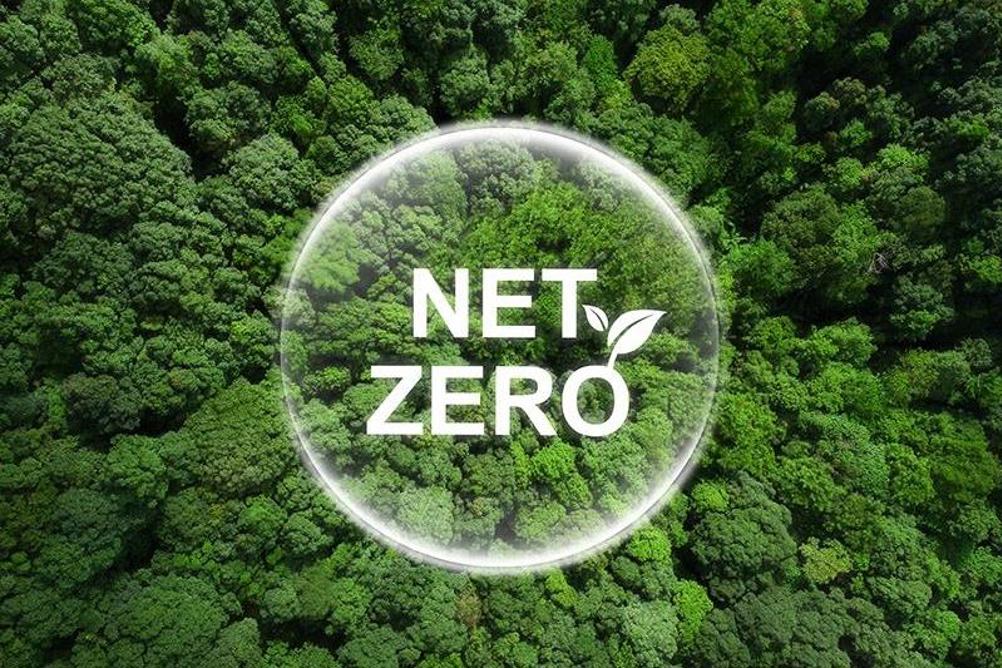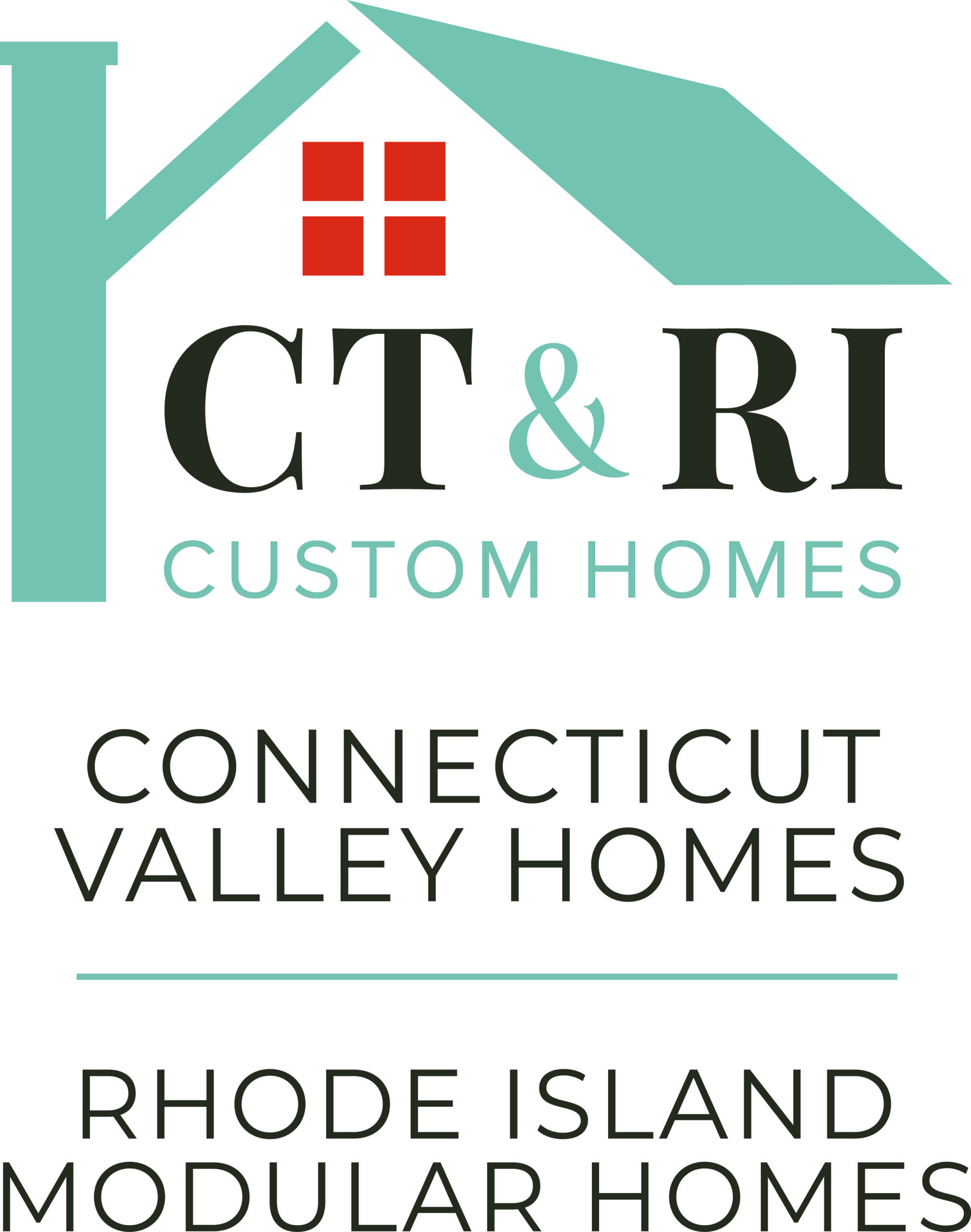In modular home production and marketins, buzzwords like “green,” “net zero,” “sustainable,” “eco-friendly,” and “affordable” are increasingly prevalent. These terms not only capture the imagination of eco-conscious consumers but also serve as critical selling points in marketing campaigns. However, the use of these terms is subject to various regulations and standards set by both federal agencies and industry associations.
Misuse can lead to significant legal, financial, and reputational repercussions. I want to explore the regulatory environment surrounding these terms and highlight the penalties for their incorrect use.
Federal Government Regulation
Green, Sustainable, Eco-Friendly
Federal Trade Commission (FTC): The FTC’s Green Guides are the cornerstone of federal regulation for environmental claims. These guidelines ensure that marketing assertions about being “green,” “sustainable,” or “eco-friendly” are truthful, clear, and substantiated.
Penalties: Companies that make misleading environmental claims can face actions from the FTC, including cease-and-desist orders, fines, and requirements to provide evidence supporting their claims. Severe violations may lead to substantial financial penalties and significant reputational damage.
Net Zero
U.S. Department of Energy (DOE): The DOE, along with other federal agencies, provides comprehensive definitions and guidelines for “Net Zero” buildings, focusing on achieving balance between energy consumption and renewable energy production.
Penalties: While direct penalties for misuse may be rare, falsely claiming a project is Net Zero can result in the loss of federal incentives, grants, and certifications. Additionally, such false advertising claims can attract scrutiny and penalties from the FTC.
Affordable
Department of Housing and Urban Development (HUD): HUD regulates the term “affordable” within the context of housing. This involves stringent guidelines to ensure housing projects meet affordability criteria for lower-income families.
Penalties: Misrepresenting a housing project as affordable can lead to severe consequences, including the loss of federal funding, legal actions for fraud, and penalties under various state and federal housing laws.
Industry Association Regulation
Green, Sustainable, Eco-Friendly
U.S. Green Building Council (USGBC): The USGBC, through its LEED (Leadership in Energy and Environmental Design) certification, sets the standards for green building practices. LEED certification is a mark of quality and sustainability recognized globally.
Penalties: Failure to meet LEED standards or making false claims about certification can result in loss of certification, damage to reputation, and potential legal actions if found fraudulent.
Net Zero
Various Certification Bodies: Organizations like the International Living Future Institute (ILFI) provide rigorous certifications such as the Living Building Challenge for Net Zero buildings.
Penalties: Not meeting these standards can lead to the loss of certification and the inability to market the project as Net Zero, which can severely impact a company’s market position and consumer trust.
General Consequences for Misuse
Legal Action
Misusing these terms can lead to legal actions under false advertising and consumer protection laws, resulting in court cases and mandatory corrective measures.
Financial Penalties
Companies found guilty of misleading claims may face hefty fines and be required to compensate affected consumers or stakeholders.
Reputational Damage
False claims can severely tarnish a company’s reputation, making it difficult to regain consumer trust and potentially affecting future business opportunities.
Loss of Certifications and Funding
Projects falsely marketed with these terms can lose critical certifications and access to federal or state funding and incentives, impacting their financial viability.
Modcoach Note: I can’t recall of any company being penalized or fined for misusing or making false marketing claims about any of these terms. It’s the end consumer that pays for all those false claims.
.
CLICK HERE to read the latest edition
Gary Fleisher is a renowned blogger, consultant, and commentator on construction and housing trends, known for his insightful analysis of the industry.












